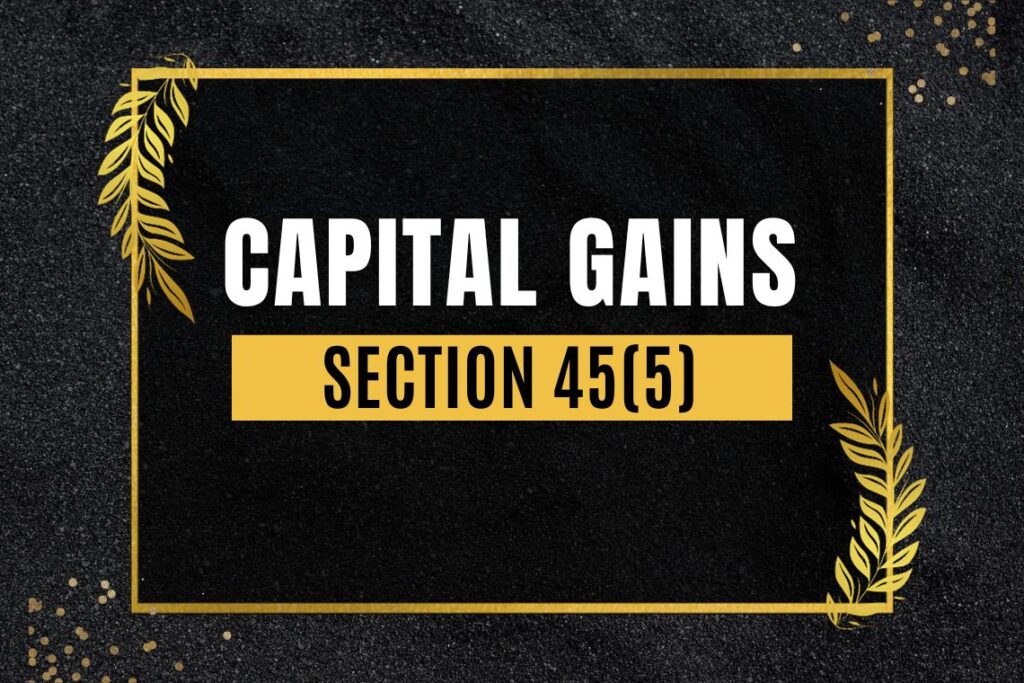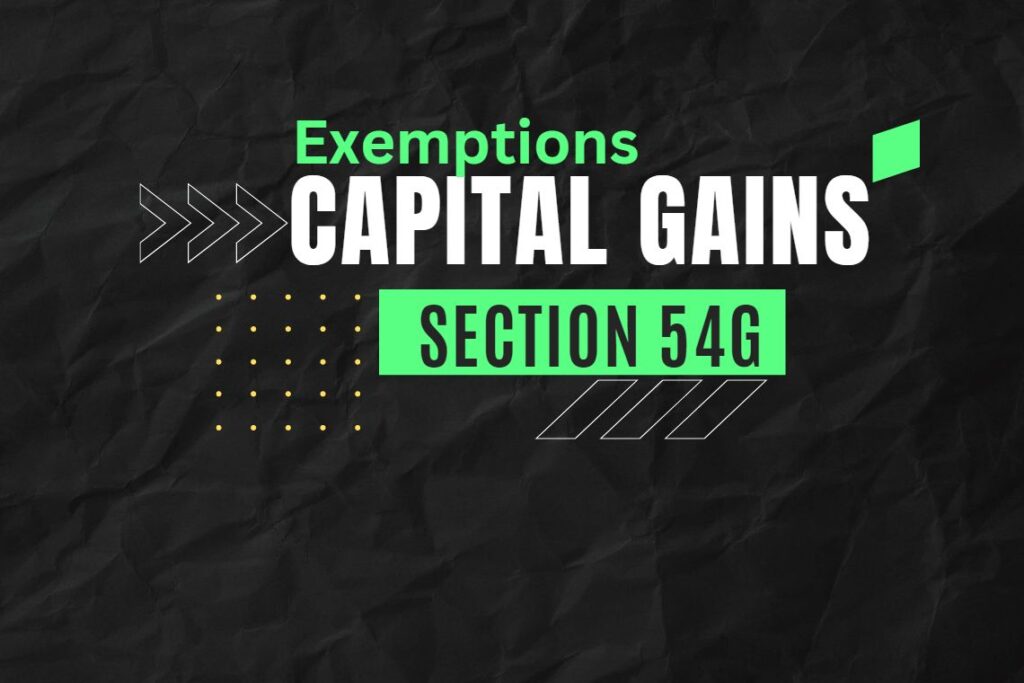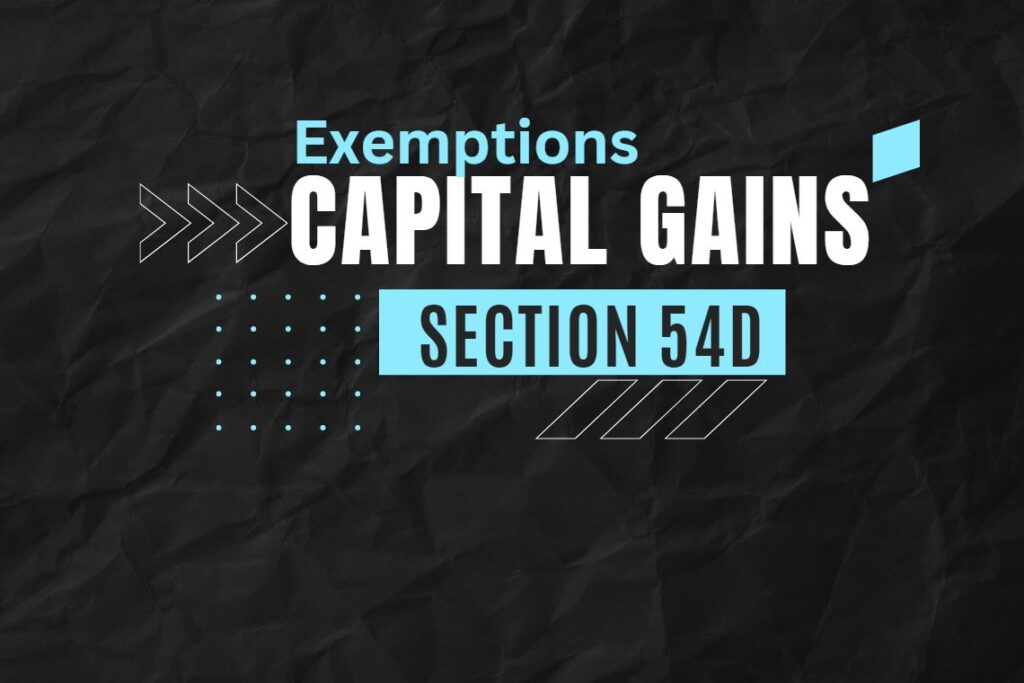(1) When an asset is acquired by the government through the process of compulsory acquisition, it can have tax implications for the owner. One of the key considerations is the capital gain that may arise from such a transfer. In this blog post, we will explore the provisions under Section 45(5) of the Income Tax Act that deal with capital gain on transfer by way of compulsory acquisition.
(2) Section 45(5) of the Income Tax Act states that any compensation received by an individual or a company for the transfer of a capital asset by way of compulsory acquisition shall be treated as the full value of consideration received for the transfer. This means that the compensation received will be considered as the sale proceeds for calculating capital gains.
(3) It is important to note that the date of acquisition for the purpose of calculating capital gains under Section 45(5) is the date on which the government makes the first payment or takes possession of the asset, whichever is earlier. This is different from the usual date of acquisition in other cases.
(4) Now let’s understand how the capital gain is calculated in case of compulsory acquisition. The capital gain is calculated by deducting the cost of acquisition and improvement from the full value of consideration received. The cost of acquisition is the amount of money paid to acquire the asset, while the cost of improvement includes any expenses incurred to improve the asset.
(5) Once the capital gain is calculated, it is taxed as per the applicable tax rates. For individuals, it is taxed under the head ‘Capital Gains’ and for companies, it is taxed as per the normal tax rates applicable to them.
(6) However, there is a provision under Section 45(5) that allows individuals to claim exemption from capital gains tax on transfer by way of compulsory acquisition. According to this provision, if the compensation received is reinvested in another capital asset within a specified period, the capital gains tax can be deferred. This provision is similar to the provisions for claiming exemption under Section 54F and Section 54EC of the Income Tax Act.
(7) It is important to note that the exemption under Section 45(5) is available only if the compensation received is reinvested in a residential property in India. If the compensation is not reinvested within the specified period or is invested in any other type of asset, the capital gains tax will become payable.
(8) In conclusion, capital gain on transfer by way of compulsory acquisition is an important tax consideration for individuals and companies. The provisions under Section 45(5) of the Income Tax Act determine how the capital gain is calculated and taxed. It is advisable to consult a tax professional to understand the specific implications of compulsory acquisition on capital gains and to explore any available exemptions.
Section 45(5) of the Indian Income Tax Act, 1961, deals with the taxation of capital gains arising from the compulsory acquisition of an asset, typically by a government authority. Here’s an overview of this provision:
Applicability:
Section 45(5) applies when an asset (such as land, building, or any other property) is compulsorily acquired by a government authority or any other entity with the power of eminent domain. This means that the owner is legally required to transfer the asset, often for a public purpose like infrastructure development.
Tax Event:
The compulsory acquisition of the asset is considered a transfer for tax purposes, even though it may not be a voluntary sale or transaction. As a result, capital gains tax is triggered at the time of the acquisition.
Computation of Capital Gains:
The capital gains are computed as the difference between the compensation or consideration received for the compulsory acquisition and the cost of acquisition of the asset. The cost of acquisition is typically the original cost of acquiring the asset by the owner.
Exemptions and Deductions:
Under Section 45(5), there is a provision for tax exemptions in certain cases. The capital gains arising from the compulsory acquisition may be exempt from taxation if the compensation received is reinvested in specified assets such as residential property or bonds, subject to certain conditions and limits.
Reporting and Compliance:
The owner of the asset is required to report the capital gains from the compulsory acquisition in their income tax return and comply with all the provisions of the Income Tax Act related to capital gains. Proper documentation and records of the compensation received and any reinvestment should be maintained.
Advance Tax:
Depending on the amount of compensation received, the owner may be required to pay advance tax on the capital gains.
Tax Consultation:
Given the complexity of tax laws and individual circumstances, it’s advisable to consult with a qualified tax advisor or financial expert who is knowledgeable about the current tax regulations in India. They can provide guidance specific to your situation and ensure compliance with the law.
Initial Compensation/Consideration:
Initial compensation/consideration, as the case may be, shall be taken to be the sale consideration of the asset and the capital gain shall be computed accordingly. This capital gain shall be the income of the assessee of that previous year in which either whole or a part of the compensation/consideration is actually received and not the year of compulsory acquisition/determination of consideration by Central Government or RBI.
Enhanced Compensation/Consideration:
Sometimes, the assessee is not satisfied with the compensation/consideration determined and may go in for an appeal against the amount determined. If on appeal the compensation / consideration is enhanced, the additional compensation/consideration or further enhanced compensation/consideration is called ‘enhanced compensation’/ consideration. Such enhanced compensation / consideration shall be fully taxable as capital gain in the year in which it is received. The cost of acquisition and improvement thereto will be taken as nil, since it has already been deducted at the time of computation of capital gain for initial compensation/consideration.
The entire amount of enhanced compensation/consideration after deducting expenses of realization, if any, shall be taken to be the capital gain of the year in which it is actually received. Such capital gain shall be long-term or short-term depending upon the original capital gain.
It is possible that the person may die before the enhanced compensation/consideration is received and the enhanced compensation/consideration is received by his legal heirs. Such enhanced compensation/consideration will be taxable in the hands of the person who receives the same.
As per Explanation to section 45(5)(b), the cost of acquisition and the cost of improvement in the case of enhanced compensation/consideration shall be taken to be nil. However, the expenses for realization of such enhanced compensation/consideration may still be claimed as a deduction as expenses of transfer.
Year of Taxability of Capital Gains when Compensation is received in pursuance of an Interim Order of any Court, Tribunal or other Authority [Proviso to section 45(5)(b)]
There was uncertainty about the year in which the amount of compensation received in pursuance of an interim order of the court is to be charged to tax, due to court orders.
Accordingly, a proviso was inserted under section 45(5)(b) to provide that the amount of compensation received in pursuance of an interim order of the court, Tribunal or other authority shall be deemed to be income chargeable under the head ‘Capital gains’ in the previous year in which the final order of such court, Tribunal or other authority is made.
Where a Right to Receive the Compensation is in Dispute [Section 45(5)(c)]:
Where the amount of the compensation or consideration is subsequently reduced by any court, Tribunal or other authority, the capital gain of that year, in which the compensation or consideration received was taxed, shall be recomputed by the Assessing Officer accordingly. Hence, the capital gain shall be taxable even if the compensation amount is in dispute as the assessee shall be entitled to get the assessment amended if compensation is later on reduced.











